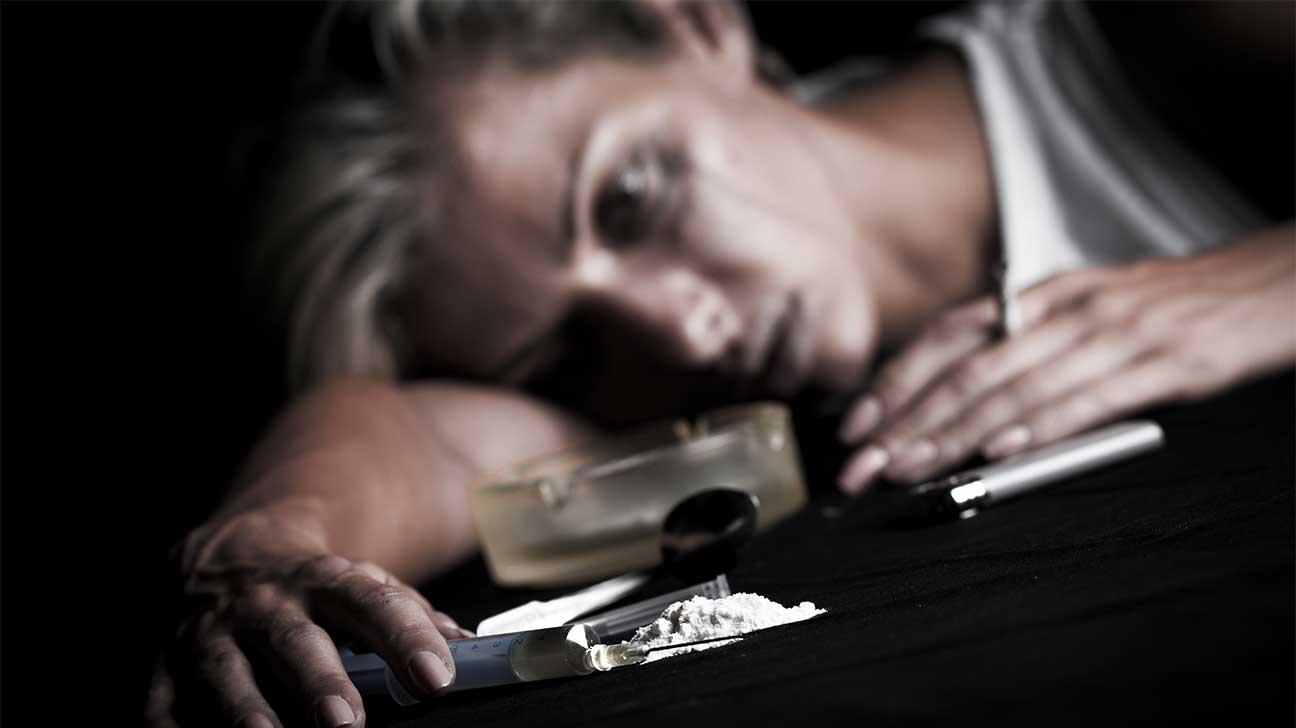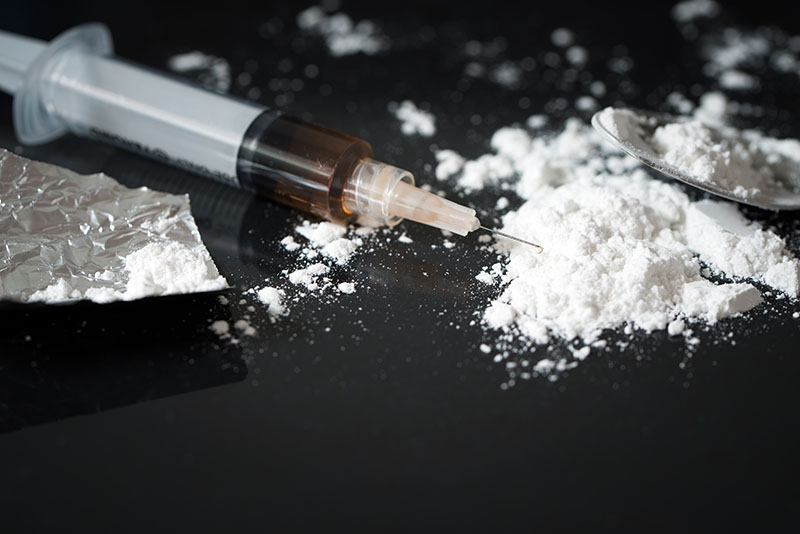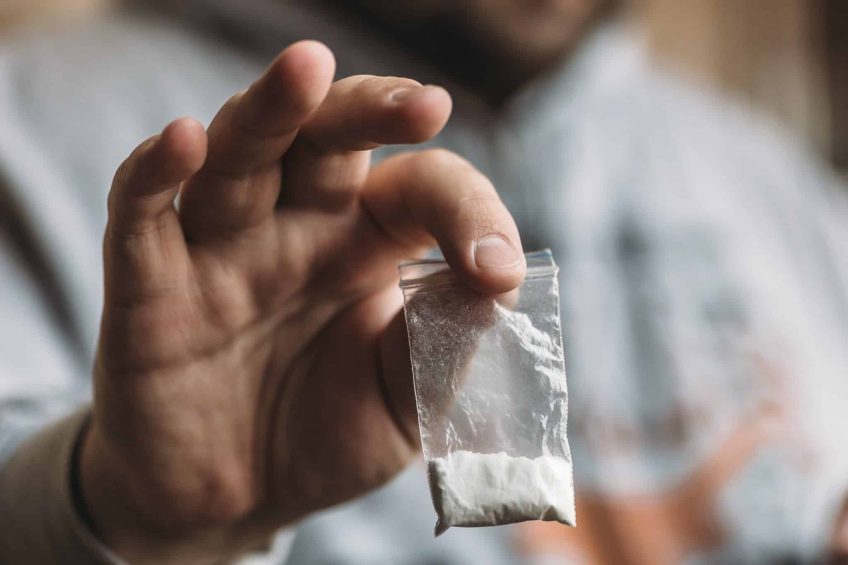Cocaine is a highly addictive stimulant whose overdose is a significant global health issue. It is produced in South America from the leaves of the coca plant, Erythroxylum coca, and E. novogranatense. It is either taken orally by mouth, injected into veins, or snorted for recreation and short-term calming effects. However, it is often abused and hampers the health of individuals showing signs of cocaine overdose.

Though cocaine has been used in the past for medicinal purposes, it is illegal in most countries now. It is illegally smuggled for sale, and personal use and is widely misused for its stimulating properties. Its overuse is fatally harmful. This is how you can detect signs of cocaine overdose who has been consuming cocaine.
Table of Contents
How To Know If Someone Is On Cocaine Overdose?

Time is a very crucial factor in recognizing any potential indicator of cocaine overdose. It’s over dosage can even lead to death or a multitude of complications if not taken timely action. Cocaine causes a buildup of dopamine when enters the body which gives a feeling of pleasure and reward, as it affects the central nervous system (CNS). Though it affects differently to everyone differently, some of the signs of cocaine overdose are-
- Sudden spike in energy
- Nausea and vomiting
- Changes in heart rhythm, mostly hearts start beating fast
- Twitching and convulsions
- Paranoia
- Hallucination
- Confusion and difficulty in comprehending
- Respiratory problems
- Heart attacks and seizures
- Aggression and agitation
- Sexual inefficiency
- High anxiety and panic attacks
- Chest and stomach pain
- Restlessness
- HIV or Hepatitis on injecting cocaine through a used syringe
The symptoms can escalate quickly if not taken timely and appropriate care. Consulting a healthcare professional on time when things get out of hand can save the lives of your loved ones.
How Do Signs Of Cocaine Overdose Hampers Our Daily Lifestyle?

Cocaine overuse is found to be disturbing to our ability to lead a normal life, as it affects our central nervous system. Once someone acquires the habit of consuming cocaine, they get addicted to its rewarding feeling. It is highly addictive and one may develop strong cravings for it, especially at night.
They hamper the sleeping cycle and one experiences loss of sleep due to this. Their brain starts thinking that they need to take in cocaine to induce sleep. The long-term signs of cocaine overdose are that it can interfere with the brain chemistry making the body and mind getting relied on drugs even more. This makes the person suffer from signs of cocaine overdose, overthinking, not able to sleep, unable to recall things from memory, loss of appetite, and increased social anxiety.
The feeling of quick happiness makes people crave cocaine as it gives them pleasure momentarily and provides a higher level of energy, alertness, and focus. It changes the levels of chemicals in the brain like dopamine, serotonin, and norepinephrine which causes disturbances in the brain. This is why people suffering from depression, and mental issues like isolation usually rely on cocaine consumption.
What Are The Treatments Available For Signs Of Cocaine Overdose?

Patients with cocaine toxicity require immediate medical attention. Some serious signs of cocaine overdose are seizure, cardiac arrest, and respiratory failure, leading to death. In some cases, it can even lead to kidney failure, brain hemorrhage, hypothermia, and stroke.
Unfortunately, there is no medication available that reverses the signs of cocaine overdose, but serious consequences can be prevented with timely and appropriate attention. However, it is to be noted that it cannot be treated at home and hospitalization is required.
Counseling and behavioral therapies are useful in treating cocaine addiction. It helps avoid relapse by developing new skills to cope up with the triggers leading to cocaine use. Creating a congenial environment for the patients where they can address the issues of drug dependency and receive peer support is highly beneficial for them.
Most cities have rehabilitation centers or clinics that can help the patients in medically supervised detoxification. Comprehensive treatment facilities can foster the recovery of patients which is crucial in the vulnerable stages of early recovery.
How Can Someone Overdose On Cocaine?

It is shocking to know that a large population of people consuming cocaine overdose on it accidentally without realizing it. They have too much of it in a short period, enabling their body to consume it beyond what it can take. Furthermore, methods of consumption also play a vital role in exhibiting signs of cocaine overdose. Injecting cocaine or snorting often leads to overconsumption than taking orally through the mouth. Some even mix it in their drinks or other drugs which makes them unaware of their consumption quantity.
Takeaway
Cocaine is a potent stimulant that is very addictive. Using excessively in excessive amounts can have major negative effects on one’s body and mind. Knowing the symptoms of a cocaine overdose and how to prevent it is crucial. It’s important to be educated about the possible harm of cocaine overuse and how it makes an individual rely on it. Do not take the signs of cocaine overdose lightly and consult a healthcare professional timely.
FAQs
1] What is cocaine overdose?
Cocaine overdose is when one consumes cocaine in large amounts intentionally or unintentionally. It can have some serious complications on one’s body if professional assistance is not provided timely.
2] How dangerous is cocaine overdose?
Cocaine overdose is highly fatal. If not checked one’s drug consumption timely, it can lead to heart, and kidney failure, brain hemorrhage, and seizure which will eventually lead to one’s death.
3] What are the signs of cocaine overdose?
Cocaine overdose can lead to several health complications. Some of the most common issues are respiratory issues, hallucination, vomiting, convulsions, confusion, high heartbeat, seizures, heart attacks, restlessness, stomach pain, chest pain, paranoia, feelings of aggression, violence, panic attacks, etc.
Kriti Sharma, a seasoned content writer, my passion for words fuels my writing journey. Armed with a knack for storytelling, I thrive in crafting engaging, informative, and persuasive content. My expertise spans various niches, from technology and business to travel and wellness. I bring versatility to the table, adapting my tone and style to suit each project’s unique needs. Whether it’s an insightful blog post, a compelling marketing copy, or an in-depth research article, my commitment to quality and authenticity shines through. Join me on a literary adventure as we explore the power of words together.







